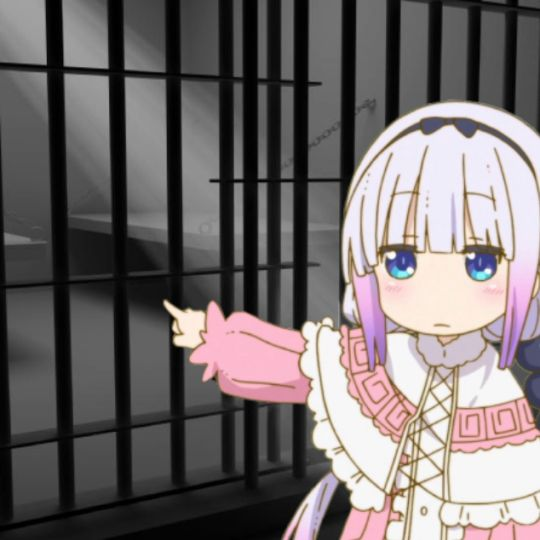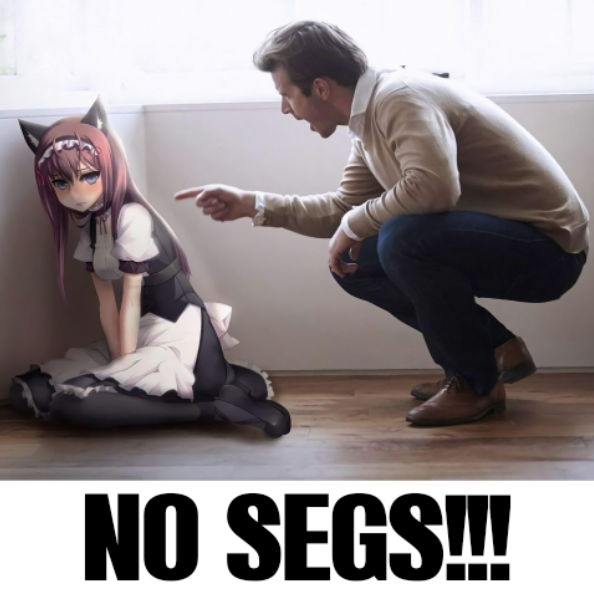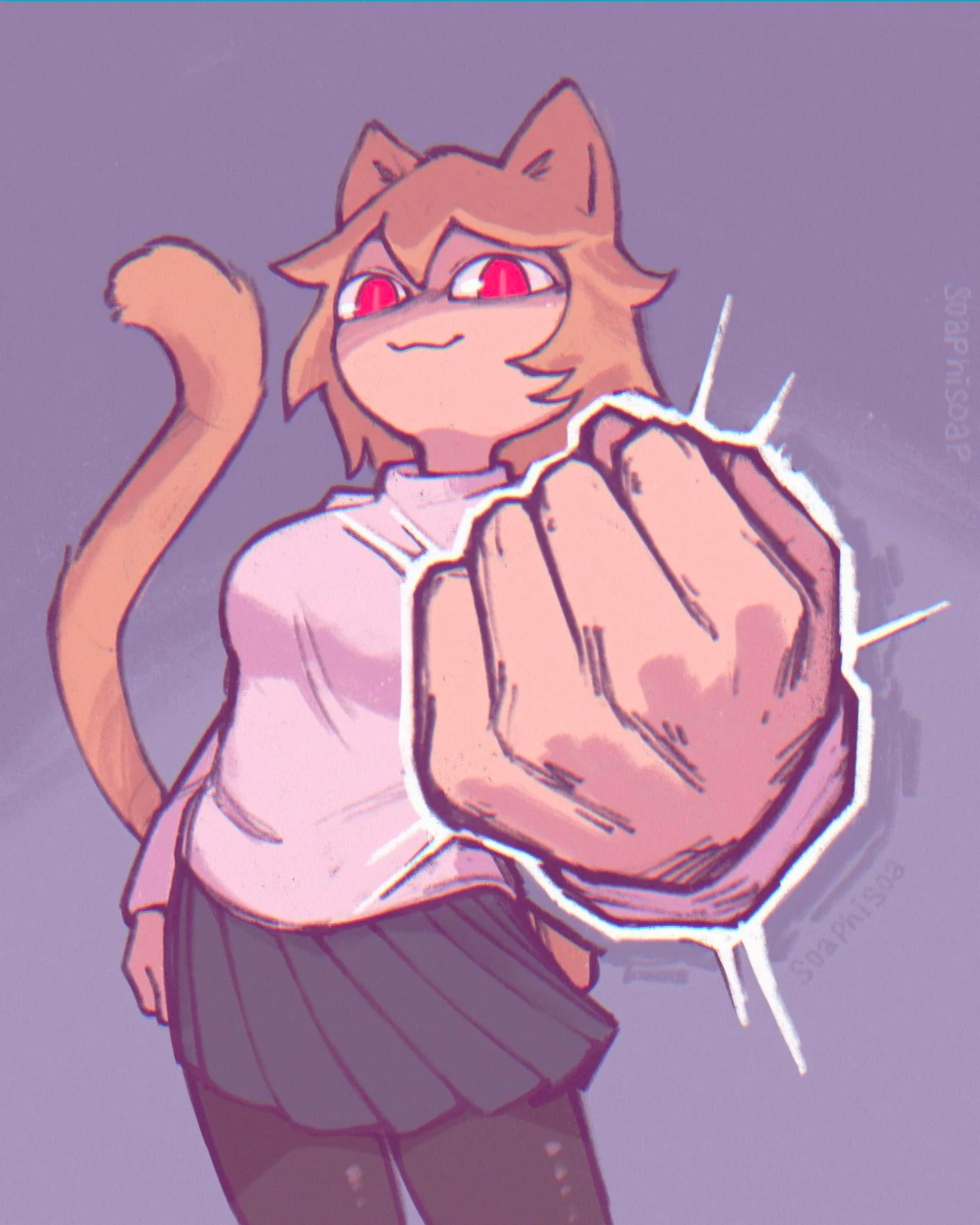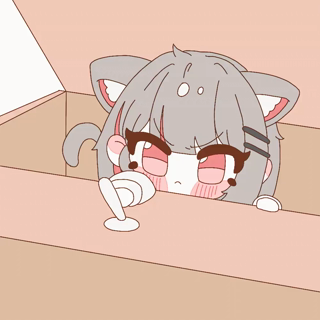Virgin Knight Who Is the Frontier Lord in the Gender Switched World - Chapter 216
- Home
- All
- Virgin Knight Who Is the Frontier Lord in the Gender Switched World
- Chapter 216 - The Origins of the Cologne Sect
So, we were talking about the origins of the Cologne Sect, right?
It’s often said in the world—
“Instead of praying with those bloated, disgusting bodies of yours, grab a hoe and work the fields, you pigs. If you can’t even do that, go to the slaughterhouse.”
One day, in a monastery dedicated to the Orthodox faith, a Holy Mother supposedly screamed those words at the top of her lungs.
Priests indulging in prostitution by hiring male escorts, taking bribes to sell holy offices, and holding nightly orgies in the monastery.
Unable to bear the corruption any longer, she stormed out of the monastery, cast out like an outcast.
With a parting curse, she declared, “I’m leaving this Sodom and Gomorrah. I will never become a pillar of salt!”
She then joined a pioneering group, embarking on a journey as one of its members.
It is said that what she eventually established was the Bishopric of Cologne, and that marked the beginning of the Cologne Sect.
Today, it’s a riverside workshop city, lined with factories producing weapons and firearms.
The city’s development is said to be one of the most remarkable in recent years.
“Well, to put it bluntly, that’s how the Cologne Sect came to be. I’m sure the Pope knows best about the rumors that they bought a seat in the College of Cardinals using the wealth from their development.”
“I remember it well. Not that I ever sought religious honor in the first place.”
“Indeed. But becoming a cardinal does strengthen one’s position in the religious world. Maybe not for honor, but securing the Cologne Sect’s rights was certainly desirable.”
The conversation was starting to turn into something a bit more worldly.
This was supposed to be an Inquisition, yet here we were, talking about a cardinal who bought his position and a Pope who sold it.
Anastasia still seemed to struggle to grasp the situation.
“Now then, though she wasn’t excommunicated, having stormed out of the monastery, how did she go from being just a member of a pioneering group to establishing a bishopric? She didn’t buy land with money, nor was she granted it by a lord. So how did she come to control the land she developed? The explanation is long, but—”
“It’s simple,” the Pope interjected from the side.
“The founder of the Cologne Sect must have been a superhuman, right?”
“Well, if you put it that way, yes, Your Holiness. She was as strong as you, with brains to match. She could kill wild boars and bears with her bare hands, was well-versed in various sciences, and was a figure everyone relied on. It’s no wonder she ended up as the leader of the pioneering group.”
But—, the cardinal prefaced.
“She didn’t raise her own hand and declare herself leader. It was because the original leader died during the journey. He died of illness, they say. The succession was based on his will, which everyone acknowledged on the spot. The founder did everything she could with her knowledge and skills but couldn’t save him. Pioneering is poor, harsh, and grueling work. Many of her companions lost their lives to the brutal conditions, not just the leader.”
Hmm.
I’d never fully understood why the Cologne Sect was so cooperative with pioneers in the Polydoro territory, but I’m beginning to see it a little more clearly.
“That’s why the Cologne Sect never neglects its support for those engaged in pioneering.”
To the Cologne Sect, pioneering is an overwhelming “virtue.”
At the very core of the Cologne Sect, “good deeds” likely receive no higher treatment than this.
That’s why so many clergy travel to the frontier to cooperate in development and build churches.
They follow in the founder’s footsteps.
“I know. I, too, judge the Cologne Sect’s pioneering spirit and their support for pioneers as unquestionably virtuous. Anyone who calls this heresy is no longer even worthy of being called a clergyman. Should any fool dare smirk at your dirt-stained hands, I would be glad to strangle them myself.”
The Pope showed no intention of denying this.
Pioneering is a virtuous act.
It’s not about taking from others for profit but growing wheat and making bread yourself.
“Be fruitful and multiply. Swarm across the earth, and increase on it.”
A sacred command, indeed.
But before that—
“Pioneering is indeed good. It is virtuous. But, well—”
Whoever sheds human blood, by humans shall their blood be shed.
Thou shalt not kill.
It is written as such.
But the conversation was taking a different turn.
“How about the Cologne Sect’s mass production of tools of murder in their factory city? Not just maces and pistols, but muskets and cannons—most of them are made by the Cologne Sect.”
It seems that the Pope’s point of inquiry in this Inquisition lies here.
“I have heard that while I have banned crossbows, which are emblematic of heinous murder weapons, the Cologne Sect has actually been promoting them?”
The Pope pointed sternly.
The muskets leaning against the Cologne cardinal’s side.
They were not the kind of thing to bring to an Inquisition.
That the Pope tolerated their presence is telling in itself.
“Has anyone ever truly adhered to your crossbow ban, Your Holiness?”
“Unfortunately, no one has.”
“Exactly. If the enemy uses them and we don’t, it’s practically a death sentence.”
The Cologne cardinal shook his head.
“Bandits, mercenaries, criminals—they all use them without hesitation, Your Holiness. How are we supposed to resist if we don’t?”
The cardinal spoke matter-of-factly, without any hint of guilt.
“Your Holiness can only ban crossbows because you’re unaware of the reality of the pioneers. Out there, there’s nothing.”
The cardinal continued, emphasizing that there was nothing.
“Nothing. Nothing at all. In the early days of the eastern colonies, during the Cologne founder’s pioneering, there was truly nothing.”
He repeated it three times to make his point.
“If it were simply a lord with a vast territory expanding it bit by bit, people might be happy. They could occasionally return to their hometown, or receive support from the mother city. But—that wasn’t the case with the pioneering the founder was involved in. There were no materials to build houses. No tools to gather timber from the trees. No food to eat. Few had the skills to hunt animals in the forest, and even fewer had the proper knowledge to grow wheat. Some couldn’t even read, let alone write their own names.”
――I feel the conversation is starting to veer off course.
“The pioneering group that the Cologne Sect’s founder participated in was essentially abandoned. Can you imagine how enraged she must have been, living in such hellish conditions? Have you considered what it felt like when a band of marauding thieves tried to steal that hard-won settlement right out from under them? When not just their lives, but their entire village and community were about to be taken?”
The cardinal, gazing into the distance, seemed lost in thought, recalling something from his past. Although it was meant as a rebuttal, it felt out of place, as if he were simply reminiscing about the pioneer settlement she had participated in during her youth.
“We had to develop weapons and defend ourselves. This is not heresy.”
Murder leads to tragedy, yet spreading weapons isn’t heresy? How can anyone claim that the weapons made by the Cologne Sect won’t end up in the hands of bandits? I’d love to say this out loud, but since I’m here as an ally of the Cologne Sect, it’s not my place to voice such concerns.
“Indeed,” the Pope nodded casually.
“Well, if we prohibit self-defense, that would also mean banning arms for religious wars and pioneering, which would bring into question the very existence of religious orders. If we go on like this, Queen Katarina of Virendorf might get bored and leave. She already seems to be yawning.”
Katarina, please stop yawning beside me. I’d like to believe it’s just out of nervousness, but—
“I’m getting kind of sleepy,” she whispered under her breath.
Stop that, Katarina. She’s clearly beginning to lose interest. People from Virendorf dislike complicated discussions.
“Shall we change the topic a bit? Well, self-defense and being armed are fine. If a Holy Mother carries a pistol, so be it. And we’ll allow the sale of weapons for silver coins. It’s not like I want the monastery selling wine to be compared to this, but—”
The Pope’s expression darkened as he muttered to himself.
“Metallurgy… the development and refinement of weapons and firearms… But what’s the true purpose here?”
It was a quiet voice, and probably only the Duke Temeraire sitting next to the Pope and the cardinal heard it in full. The duke, too, wore a puzzled expression, deep in thought.
“Let me be blunt. For what purpose did the Cologne Sect create gunpowder? Was the development of weapons and firearms solely for self-defense? What is your true aim, and where does it lead?”
“…It is true that both technologies are necessary for ‘what we truly desire.'”
“You haven’t answered my question!” the Pope shouted, his voice booming across the room.
Anastasia, sitting nearby, seemed completely at a loss as to what the conversation was about.
The Cologne Sect had gained enormous profits by manufacturing gunpowder for sale. The weapons and cannons produced by the factories of the Cologne Sect’s workshop city were traded for high prices. Unlike when they were a humble faction merely supporting pioneers, they had become quite wealthy.
The majority of that wealth was reportedly funneled into further developing gunpowder and firearms. From an outsider’s perspective, it looks like an enormous success. Isn’t that enough?
The precise method for refining saltpeter, the number of distilleries, and the techniques to produce high-quality gunpowder had been made public. In exchange, they gained the rights to control the entire distribution of gunpowder within the empire. That’s likely the goal, as Duchess Astarte had mentioned.
But—
“I intend to answer all questions, Your Holiness. But is it fair to be the only one doing the talking?”
“And what do you mean by that?”
It seems the Cologne Sect doesn’t simply wish to remain where they are. They seek something beyond, something distant.
Considering their doctrine… if I recall correctly—it has to do with transcending the material.
“To go beyond the material bread, to what the Cologne Sect truly seeks—if you want to delve into those details, I’ll ask you in return, Your Holiness. What is it that you want? How do you intend to handle the empire from here on out?”
The Cologne cardinal stared intently at the Pope, his gaze piercing.
“Your Holiness. Please answer.”
“The questioning is not finished yet. We’ll talk afterward.”
Clap!
Once again, the Pope clapped his hands.
Katarina, startled, jerked upright and wore a face that seemed to say, “I wasn’t sleeping.”
I felt like smacking her.
“Now, let’s discuss the matter of the ‘Legend of the New Age Redeemer,’ which Cologne has allegedly been treating as a substitute for the Bible. What on earth is that?”
The Pope’s voice, filled with genuine confusion, echoed through the room.
It seems the Cologne Sect won’t be escaping charges of heresy any time soon. There’s no defending that.
With a deep sigh, I thought to myself—there’s no way to justify that.

































